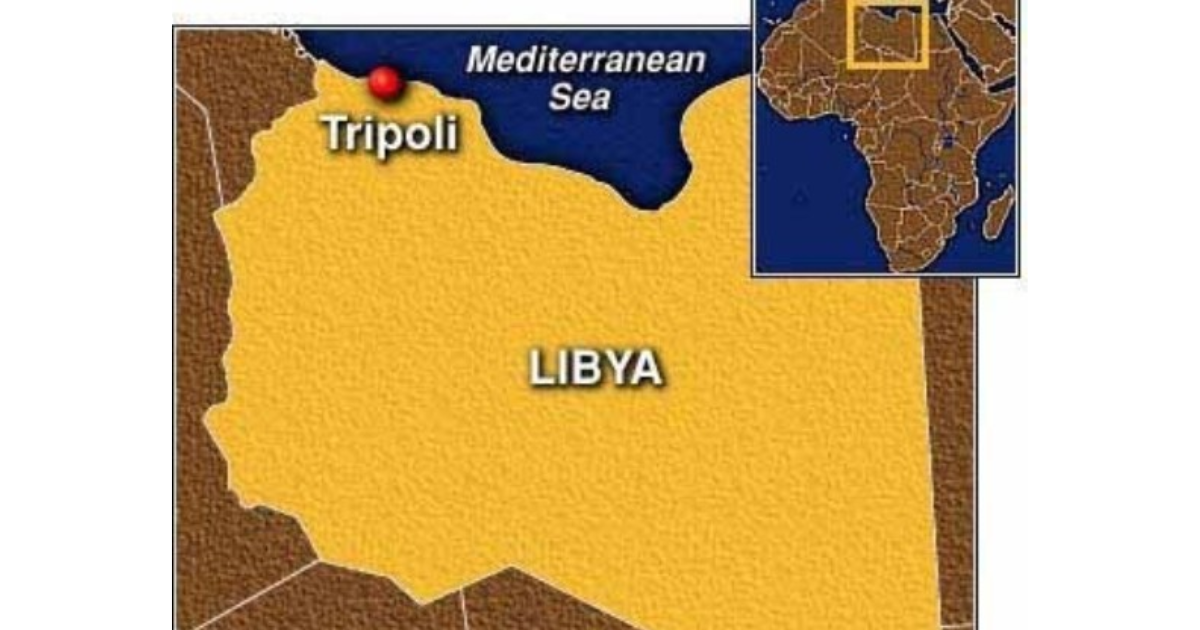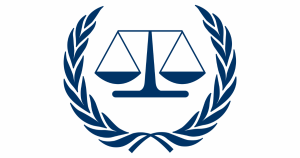Tripoli, Libya, 22-23 July 2023
In the framework of EU-funded ADALIT-Libya project, No Peace Without Justice (NPWJ) organised a workshop on “the guarantees of fair trial and mechanisms for access to justice for the most vulnerable groups in the Libyan legal system”. It was held in Tripoli (Libya) on 22-23 July 2023. Each day was divided into three sessions, composed of presentations and interactive discussions among the participants.
Overall, the workshop highlighted the importance of Law No. 4 of 1984, which pertains to the establishment of the Public Lawyers Department and, specifically, one of its key principles ensured: namely the provision of free legal counsel and the accessibility of legal services to citizens, ensuring their access to justice and fair trials.
On the first day, special focus was given to presenting the assessment study on the justice system and fair trial justice for vulnerable groups within the Libyan legal system. This paper was presented by the two expert authors and then officially adopted. On the second day, space was also dedicated to highlight the specific mechanisms of international humanitarian law, particularly in relation to the armed conflicts that Libya has experienced, as well as on enforced disappearance and the concept of missing individuals in Libya. Participants also addressed and discussed the risks of trying civilians in military courts, for it is contradiction with human rights principles whereby civilians shall be tried in civilian courts.
Some key recommendations shared among participants included the necessity to align national legislation with international treaties ratified by the Libyan state, the need to activate the role of the National Human Rights Commission and redefining its scope of authority, as well as the necessity to establish specialised departments concerning human rights violations. Participants also addressed and acknowledged the challenges facing public prosecution, primarily centred around the insufficient legal training concerning criminal investigations in cases related to human rights violations.
Thirty-nine participants attended the workshop (legal experts and various civil and state actors in the field of human rights, judges, lawyers, etc). All attendees participated actively in the discussions, and all expressed unanimous consensus on the necessity to support the rule of law and establish the independence of the judiciary while respecting the commitments of the Libyan state concerning the right to litigation, fair trial conditions, and the available guarantees for judicial authority members in terms of accountability, evaluation, and judicial oversight to ensure greater effectiveness.




